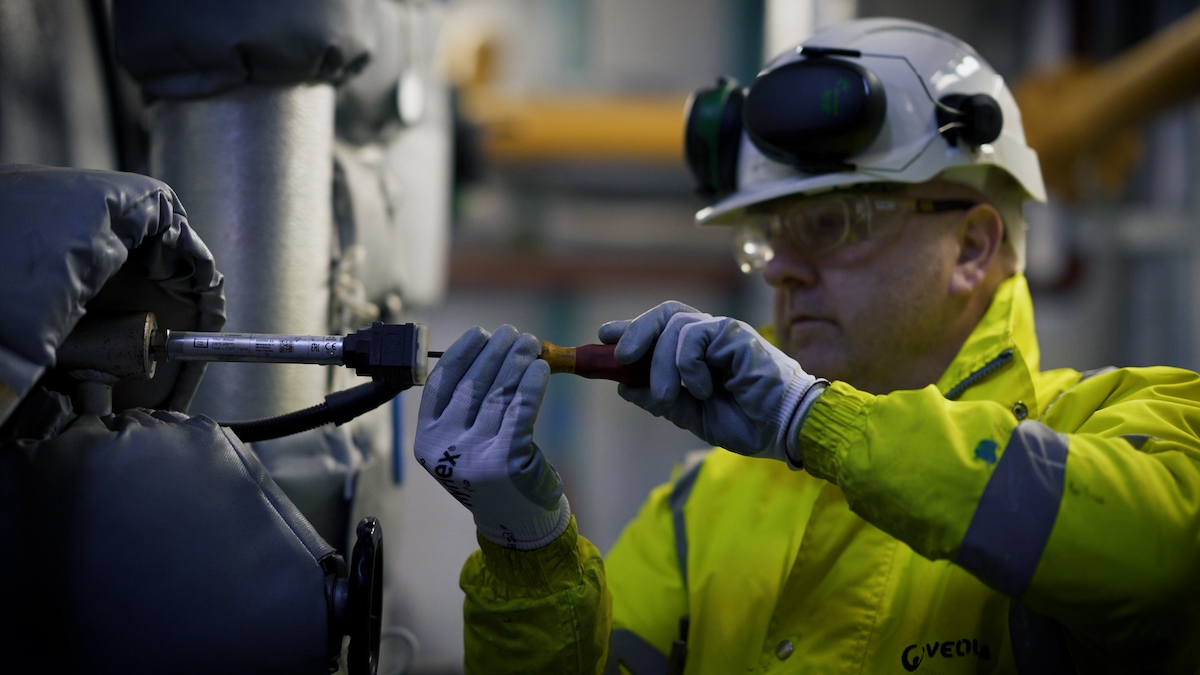23% of industrial installations, accounting for 3.6 million jobs, are at risk during the transition to net zero, warns new research from ADE Demand.
The paper titled “Decarbonising Dispersed Industries: A Framework for Understanding Rural Industrial Energy Transitions in the UK” stresses the failure of the Government’s one-size-fits-all approach, which is deterring willing industries from the net-zero transition. With many rural businesses frequently encountering insufficient electrical capacity, they also must deal with industrial electricity bearing up to 14 times higher policy-related costs than natural gas.
The research argues policymakers focus on industrial ‘clusters’ fundamentally misunderstand the complex realities of rural industry. From Midlands ceramics needing extreme heat to East Anglia’s seasonal agricultural processors, their needs are unique – and currently ignored.
The research identifies five rural industrial archetypes, representing common characteristics within the sector and highlighting the systemic barriers afflicting rural businesses from policy misalignments to infrastructure limitations. From these archetypes, there are cross-cutting solutions applicable to dispersed industries ranging from Energy Service Company (ESCO) models to pricing reform, which will ensure that these rural industrial sites are part of the bigger picture in the UK attaining its net-zero objectives and goals.
Philip Nicholson, Senior Researcher at ADE: Demand, who produced the paper, said, “Rural industrial sites face a unique set of decarbonisation challenges not seen in the major clusters, yet they also offer remarkable potential for innovation and resilience. It is essential that these dispersed industries are not left behind in government policy.”
“My research identifies five key rural industrial archetypes, each underscoring the urgent need for tailored, collaborative policy solutions. Targeted interventions, such as ESCO models and pricing reforms are critical to delivering a truly inclusive, nationwide transition to net-zero.”




